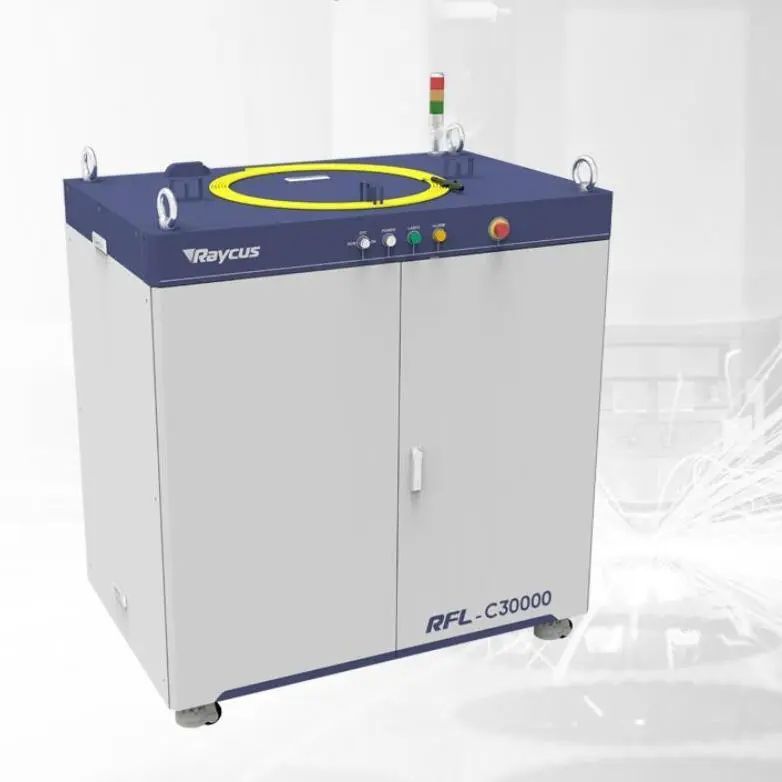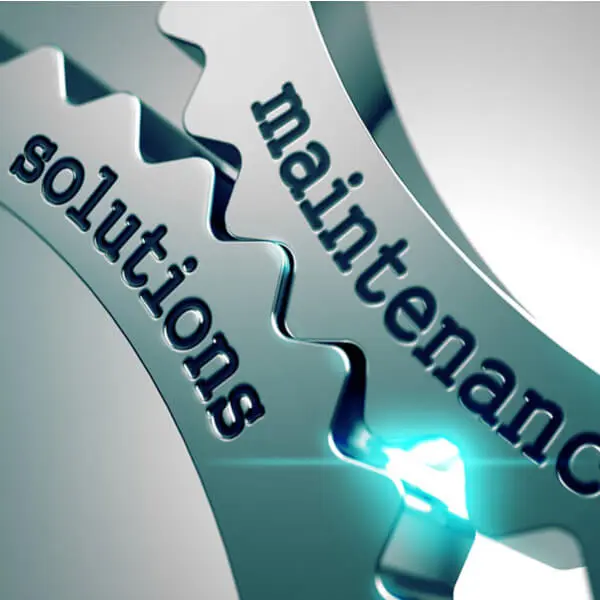****
In the fast-paced world of manufacturing, precision and efficiency are paramount. One of the innovations that have significantly transformed the fabrication and metalworking industries is the metal plate cutting machine. These sophisticated machines not only streamline production processes but also enhance the quality and accuracy of the cut, making them an invaluable asset to manufacturers. In this article, we will explore the various benefits, operational principles, and considerations surrounding metal plate cutting machines.
Understanding Metal Plate Cutting Machines

Discover the Advantages of Using a Metal Plate Cutting Machine for Precision Fabrication in Modern Manufacturing
Metal plate cutting machines, often referred to as CNC (Computer Numerical Control) cutting machines, represent the epitome of modern engineering technologies. These machines come in various forms, including laser cutting, plasma cutting, and waterjet cutting, each offering unique advantages depending on the application and type of materials processed.
1. **Laser Cutting Machines**: These utilize a highly focused laser beam to melt, burn, or vaporize material, allowing for incredibly precise and intricate cuts. They are ideal for thin to medium materials and are celebrated for their efficiency and minimal heat-affected zones.
2. **Plasma Cutting Machines**: Plasma cutting machines operate by sending a high-velocity jet of ionized gas (plasma) onto the material, typically suitable for thicker metals. Plasma cutting is known for its speed and adaptability, making it a popular choice in various industrial applications.
3. **Waterjet Cutting Machines**: These machines use a high-pressure stream of water, often mixed with abrasives, to cut through materials, making them suitable for a wide range of metals, plastics, and even glass. Waterjets produce no heat, eliminating thermal distortion issues, which is a significant advantage for sensitive materials.
Benefits of Using Metal Plate Cutting Machines
1. **Precision and Accuracy**: One of the most significant advantages of metal plate cutting machines is their ability to produce highly accurate cuts. This precision reduces material waste and minimizes the need for additional post-processing, which can be both time-consuming and costly.

Discover the Advantages of Using a Metal Plate Cutting Machine for Precision Fabrication in Modern Manufacturing
2. **Versatility**: Metal plate cutting machines can handle various materials, including stainless steel, aluminum, copper, and more. This versatility makes them suitable for various industries, from automotive and aerospace to construction and artistic metalwork.
3. **Speed and Efficiency**: The automated nature of CNC machines allows for faster production times. Complex designs that would take considerable time to cut manually can often be produced in a fraction of that time, significantly boosting productivity.
4. **Enhanced Safety**: Modern machines come equipped with advanced safety features, industry-standard controls, and ergonomics that reduce operator risk. The enclosed cutting areas provide a safer working environment, minimizing exposure to sharp tools and flying debris.
5. **Cost-Effectiveness**: While the initial investment in a metal plate cutting machine can be significant, the long-term savings presented by reduced labor costs, lower waste material, and higher output quality ultimately make it a cost-effective solution for many businesses.
Considerations for Purchasing a Metal Plate Cutting Machine
When considering the purchase of a metal plate cutting machine, several factors should be taken into account:
1. **Material Types and Thickness**: It’s essential to identify the types of materials you’ll be cutting and their thickness to select a machine that meets your requirements.
2. **Volume of Production**: If you anticipate high volumes, opting for a machine with faster cutting speeds and higher automation levels is advisable.
3. **Precision Requirements**: Different cutting techniques offer varying levels of precision. Evaluate the degree of accuracy required for your projects to choose the right machine.
4. **Budget and Return on Investment**: Assess your budget have realistic projections of the return on investment (ROI). Remember to include not only the upfront purchase cost but also maintenance, operation, and training costs.

Discover the Advantages of Using a Metal Plate Cutting Machine for Precision Fabrication in Modern Manufacturing
5. **Support and Maintenance**: Choose a reputable manufacturer that offers strong technical support and maintenance options. Machine reliability is crucial for maintaining production schedules.
Conclusion
Metal plate cutting machines are revolutionizing the way manufacturers approach fabrication, bringing advanced technology and increased efficiency to a wide variety of applications. With their ability to deliver precision, speed, and safety, they have become essential tools in the modern manufacturing landscape. By considering the specific needs of your business and investing in the right equipment, you can optimize your production processes, reduce waste, and ultimately enhance your bottom line. Whether you are a small workshop or a large industrial facility, the right metal plate cutting machine can propel your operations to new heights. Stainless Steel Metal Laser Cutting Machine



